In most cases, saving money is a good thing. After all, financial experts constantly tout the virtues of building a healthy emergency fund, stashing cash for retirement, saving for big purchases, and more. However, there can be drawbacks, particularly this year. Here’s a look at eight disadvantages of saving money in 2024.
1. It Can Leave You Cash-Strapped

Inflation is putting pressure on most people’s budgets, particularly lower and middle-income households. Prices rose with shocking speed, and wages simply aren’t keeping up. As gas prices continue to drop and then rise again, and grocery prices remain at high levels, many households are finding it harder to make ends meet. If you add trying to save to that mix, then some households may find themselves cash-strapped.
While it’s wise to set money aside if you can reasonably do so, the current climate also means a pause could be justified. Examine your budget to determine if it can support more savings activities. If not, remember you can always pick up where you left off when the situation calms down.
2. Interest Rates Are Falling
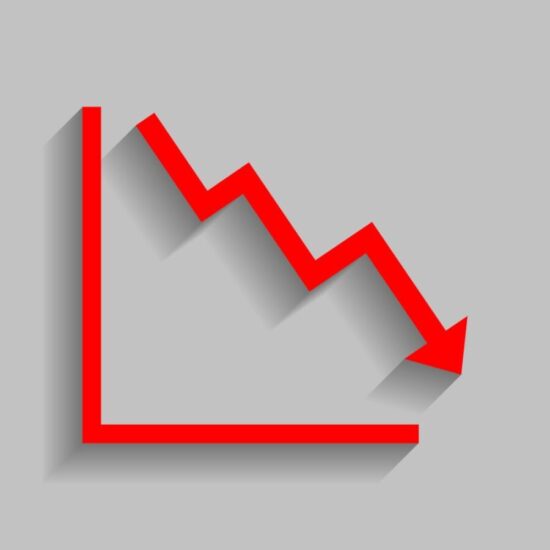
If your idea of saving is moving money into a traditional savings account, there’s a good chance your balance isn’t growing by much. Savings account interest rates are incredibly low.
However, if you’re utilizing a high-yield account, you benefit from interest rates at approximately four percent. But be forewarned—as inflation eases, interest rates will lower, meaning you’ll earn less for your savings.
While that doesn’t mean you shouldn’t keep a classic emergency fund in a savings account, as that does ensure your cash stash is reasonably liquid, any other money you aren’t using for living expenses may be better used elsewhere.
3. It Isn’t Going to High-Interest Debt

As mentioned above, savings account interest rates will soon decline. Since that’s the case, many households would get a far better return by directing extra cash toward their high-interest debts, like a credit card.
Additionally, paying down high-interest revolving debt can do more than get you the biggest bang for your buck. A smaller credit card balance usually comes with a lower minimum payment, giving you some wiggle room in your budget during an emergency. Plus, if you had a card nearly maxed out, reducing the balance typically boosts your credit score.
Technically, even if the debt isn’t high-interest, putting the cash toward it may make more sense than adding it to your savings account. With low savings account interest rates, paying down mortgages, auto loans, student debt, or other debts typically considered low-interest could be a better choice if you already have a reasonable cash cushion.
4. You Could Be Investing
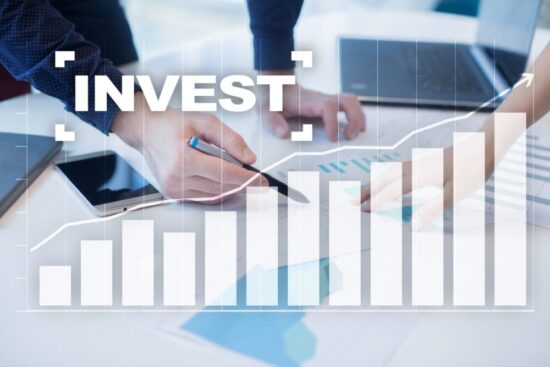
While the stock market has seen its fair share of volatility over the past few years, investing typically yields better long-term results than simply turning to a savings account. If you don’t need the cash for at least a few years, you may want to cultivate a diversified portfolio instead. Often, that’s easy, thanks to convenient investment options like mutual funds and ETFs. Plus, many app-based brokerages offer fractional shares, allowing anyone to get started, sometimes for as little as $1.
5. The Money Could Boost Your Retirement

While setting money into a retirement account is technically a type of savings, it is treated differently than a regular savings account. First, there are typically tax advantages, either when you make the deposit or when you prepare to withdraw funds. In either case, you don’t get them with a regular savings account.
Second, by committing more to retirement, you could be setting yourself up to be more comfortable. If that happens, you may have enough financial space to travel, move to a different city, or live it up.
In some cases, you may even be able to retire earlier than you initially planned or avoid tapping Social Security until you can maximize that benefit. Again, that leads to a less stressful retirement.
6. You Could Miss Opportunities

While being a dedicated saver is typically good, it could mean missing out on opportunities. You may be hesitant to take a giant leap – like starting a business or accepting a new job – as it would mean taking a financial risk, even if you’re in a position to reasonably take one.
Similarly, being overly focused on saving might mean you aren’t seizing legitimately good deals when they come along. While you shouldn’t let a great price lure you into buying anything you don’t need, there are times when capitalizing on a deal works in your favor. By being ready for that, you may be able to improve your financial situation overall.
Similarly, if you are running a business and trying to save, it might mean that your new startup or side hustle isn’t as successful as it could be.
7. Limiting Your Access to Financial Assistance

In many cases, certain kinds of financial assistance aren’t solely based on your income; they also factor in the amount of money in your savings account. Medicaid, Social Security Disability Income, Supplemental Security Income, SNAP, college financial aid, and many other programs consider how much a person has in savings to determine eligibility.
If you use programs such as those and would have a hard time living without them based on your other sources of income, saving too much works against you. If your balance gets too high, you may lose access to critical financial support, leaving you in a bind.
8. You’re Not Living Your Best Life

Again, setting money aside for the future is a positive. However, if you’re stashing cash to the point of being unable to enjoy yourself, leaving you mainly miserable during your day-to-day, you may be going overboard.
If you have solid balances in your emergency fund, retirement account, investment account, and similar savings vehicles, and you’re poised to hit your savings goals even if you scale back, consider doing so. In the end, having some joy today is important. You may burn out incredibly quickly without fun, which isn’t ideal.
Re-evaluate your approach to saving, ensuring you dedicate a bit of money in your budget to activities you enjoy. That way, you can keep setting money aside while allowing you to reap the benefits of your hard work, giving you a sense of balance.
Can you think of any other disadvantages to saving money in 2024? Have you updated your savings strategy due to rising inflation, higher gas prices, or other changes to your expenses? Share your thoughts in the comments below.
Read More:
10 Strategies to Fight Inflation
Savings Snooze: 15 Boring Money Habits That Need an Upgrade
What Does Inflation Mean for Property Prices?
Come back to what you love! Dollardig.com is the most reliable cash back site on the web. Just sign up, click, shop and get full cash back!
Melissa is a freelance writer and virtual assistant. She earned her Master’s from Southern Illinois University, and her Bachelor’s in English from the University of Michigan. When she’s not working, you can find her homeschooling her kids, reading a good book, or cooking.










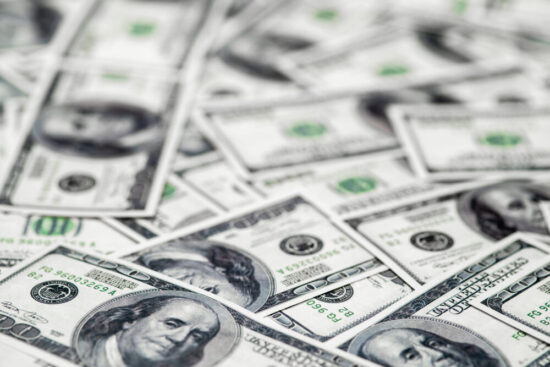

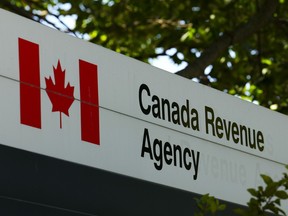



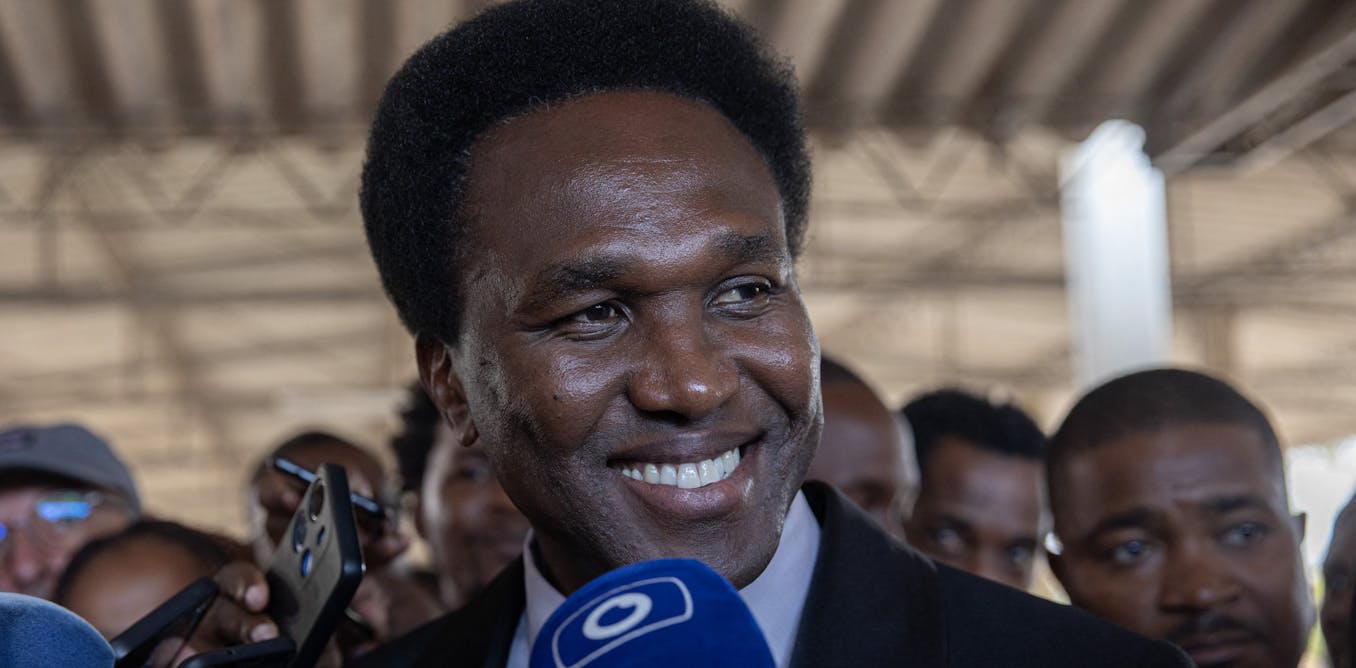



Discussion about this post